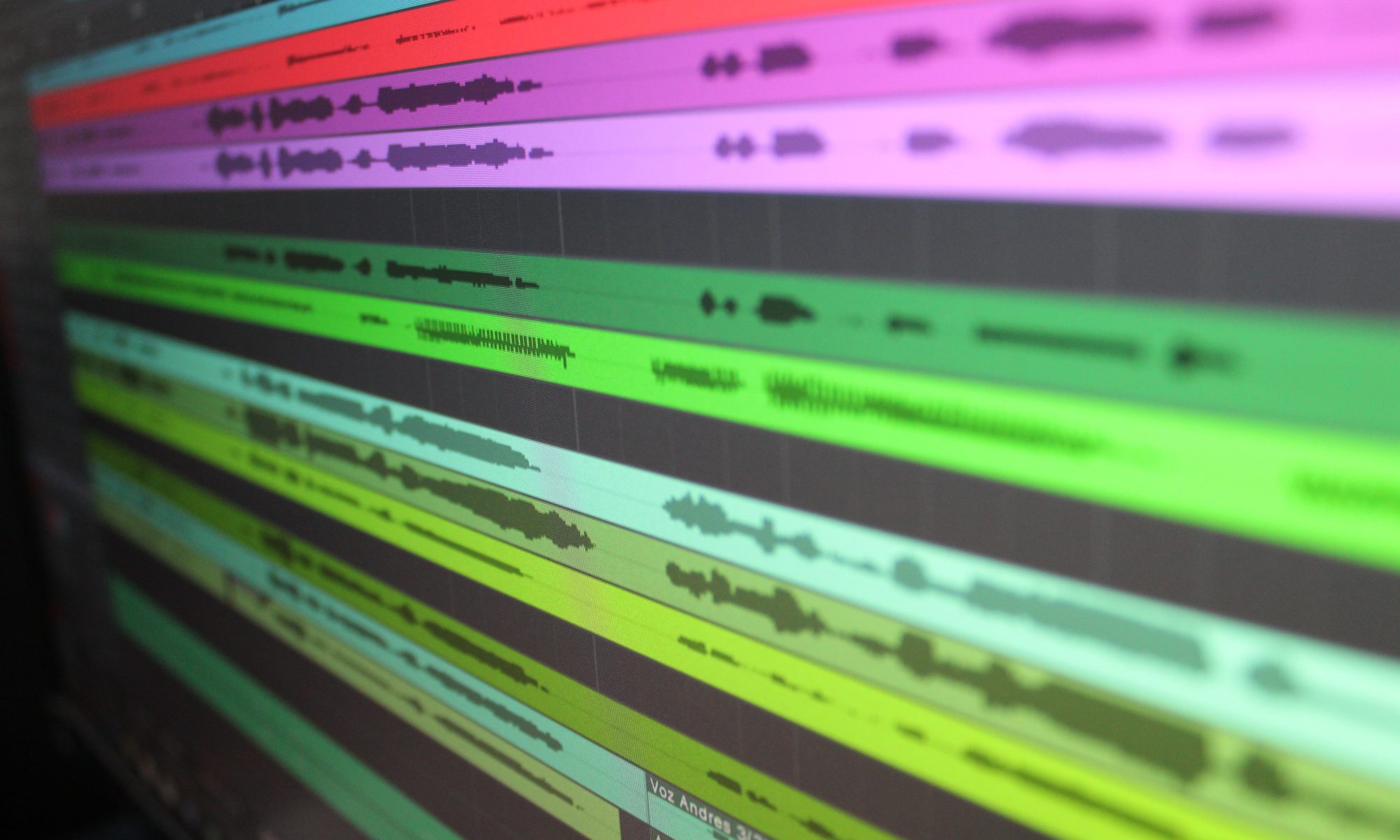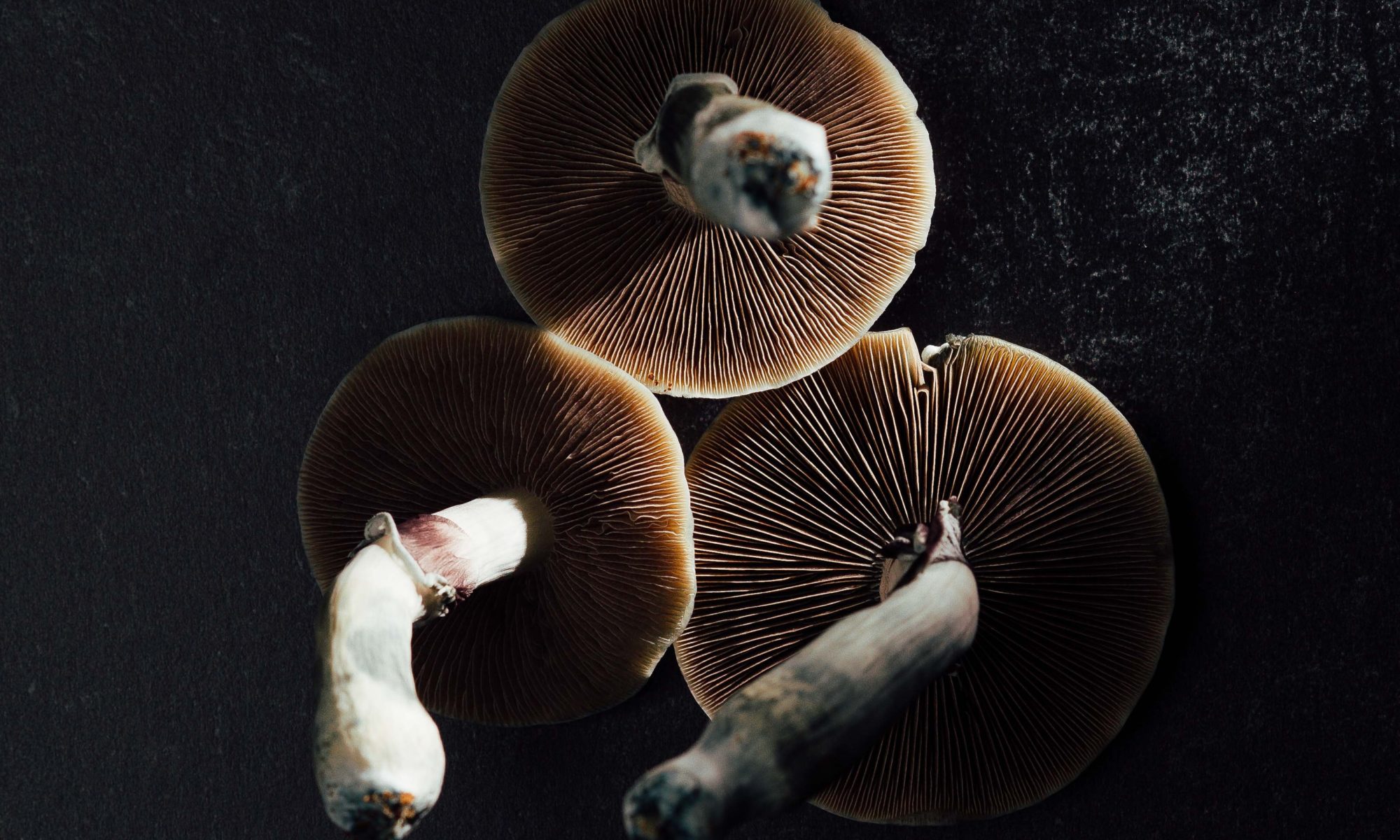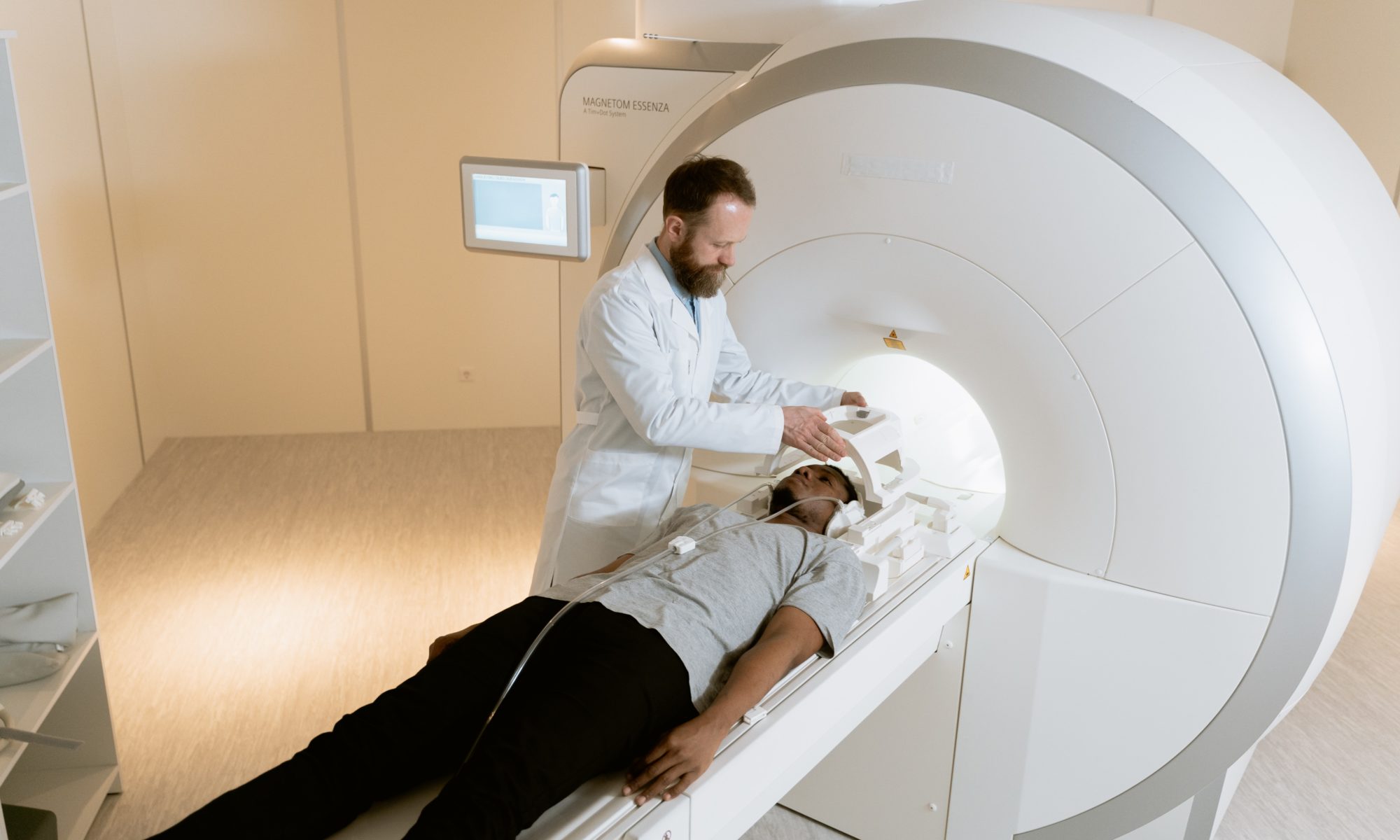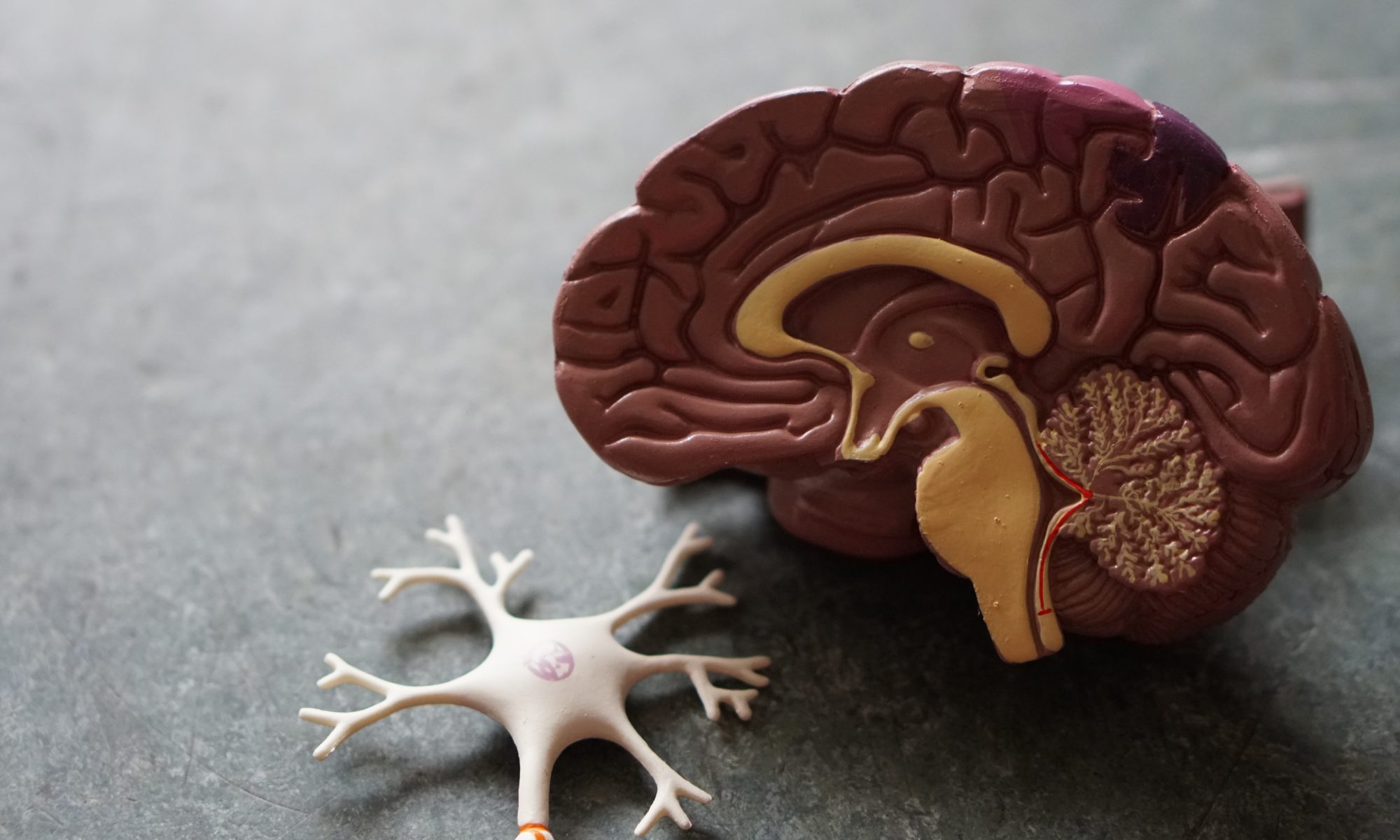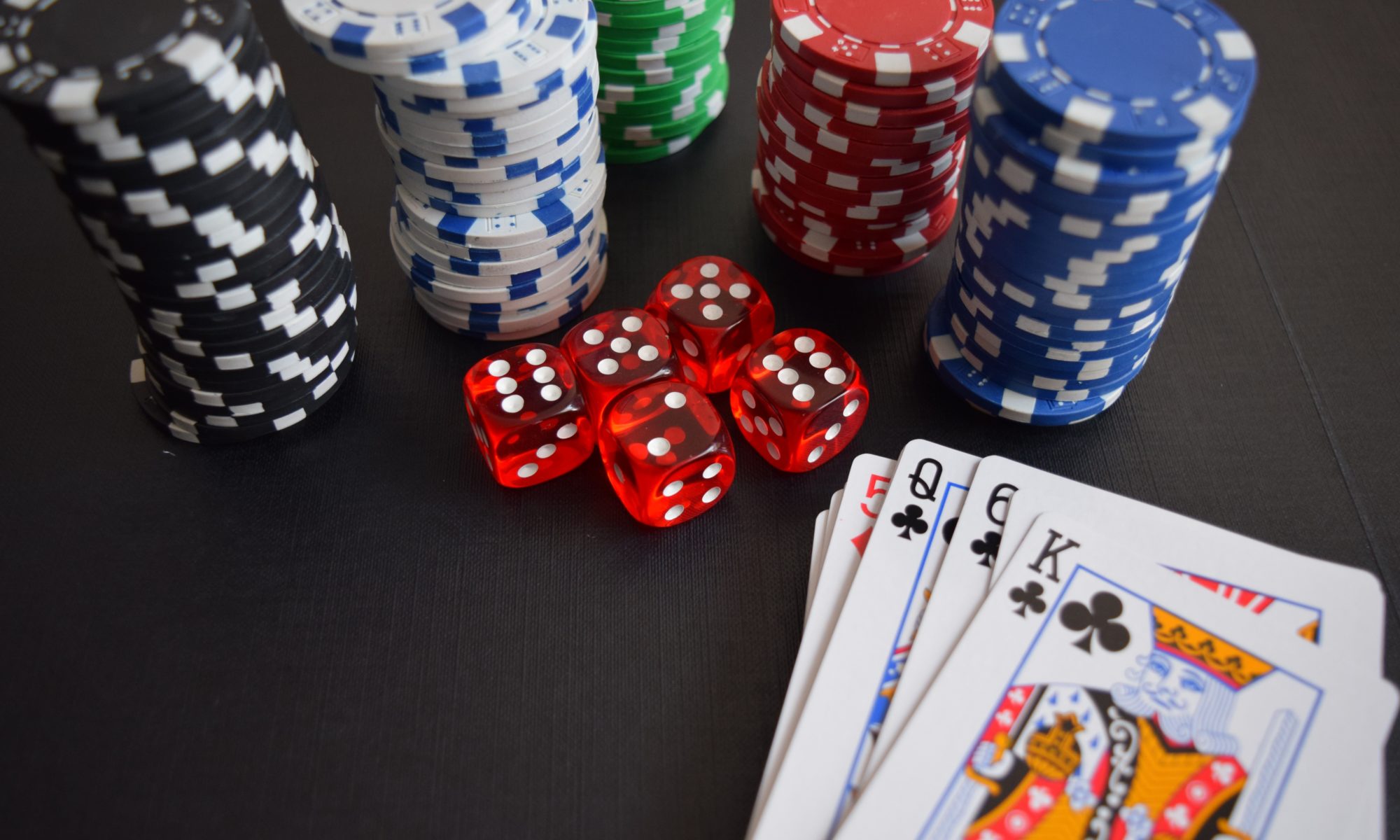Microdosing Mushrooms: Athlete Perspectives on the Psychedelic Supplement
A tiny dose of magic mushrooms might help you improve your form in the gym.
According to jiu jitsu athlete Adam Hanna, microdosing before a workout could help you focus on mind-body connection to better understand your body’s movement patterns.
“You are learning to do the same moves while under different states of consciousness, which helps you feel very small details,” he explains.
“Example: Exactly where my weight is in my fingers in a handstand. Is there enough weight in my thumb and index finger? You can hone in on stuff like this. It can help you really focus exclusively on tiny details that you don’t always think to do when sober.”



